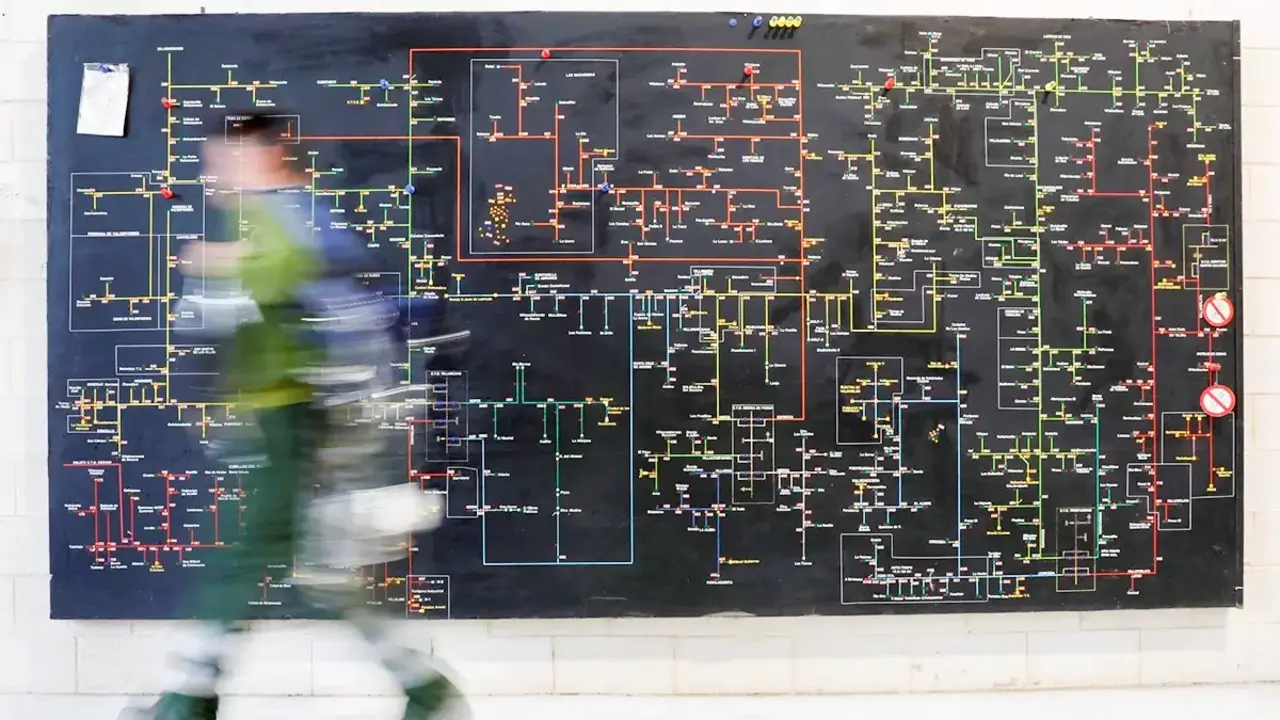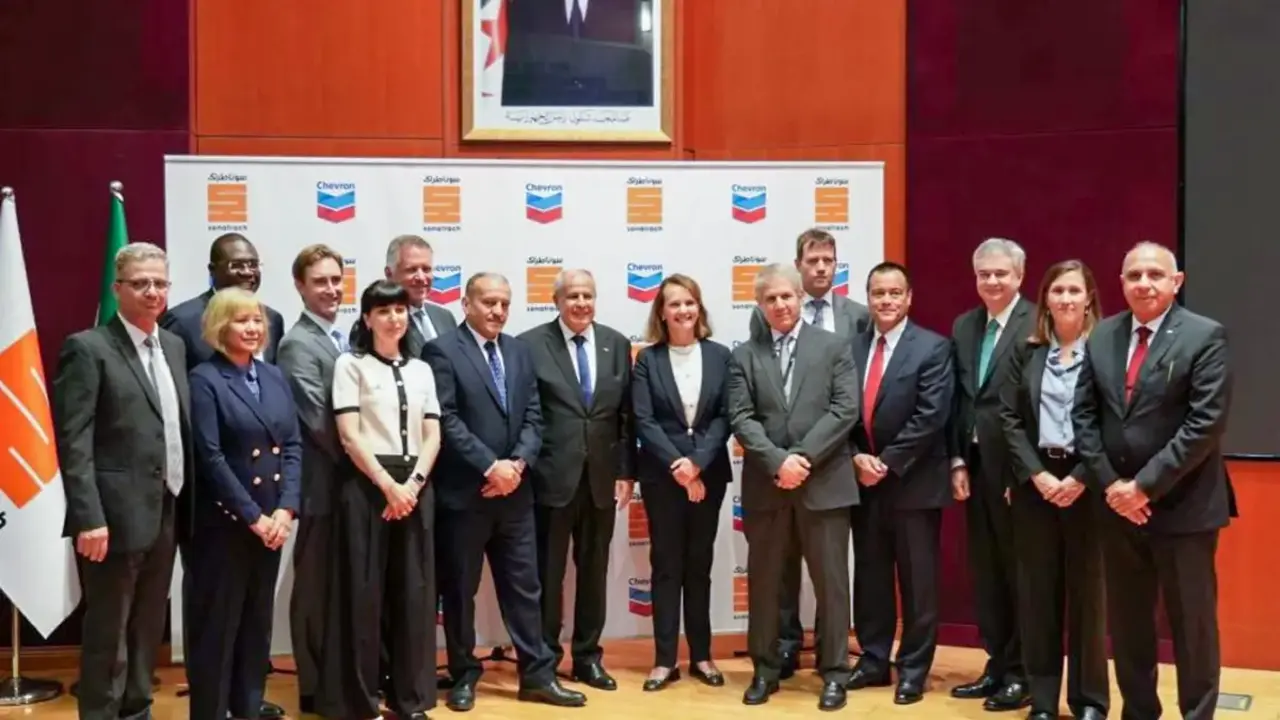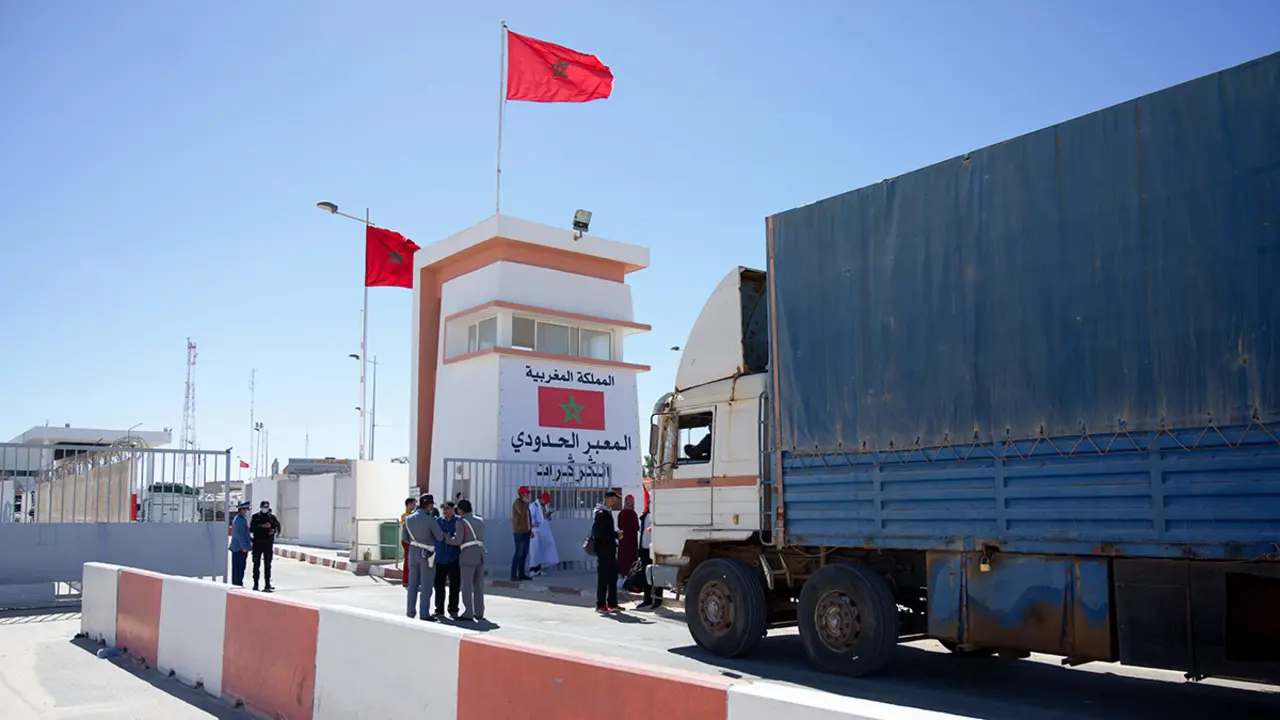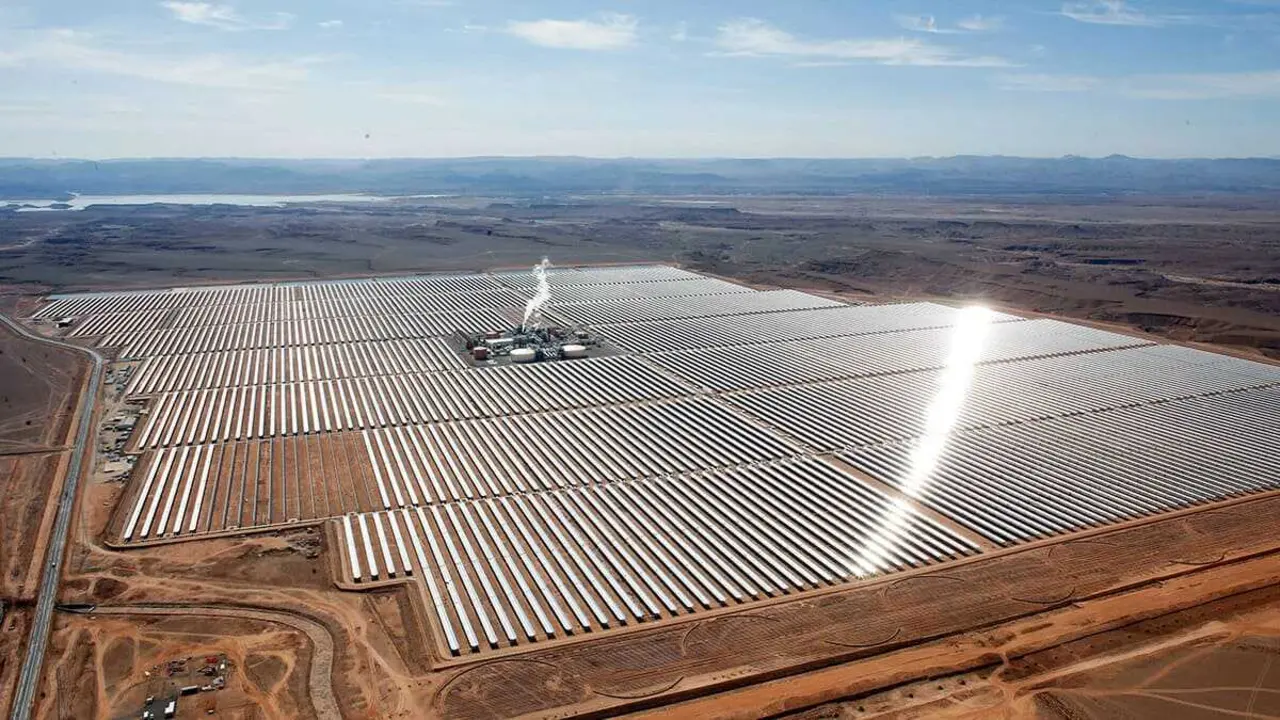Sixth EU sanctions package against Russia drives up gas prices
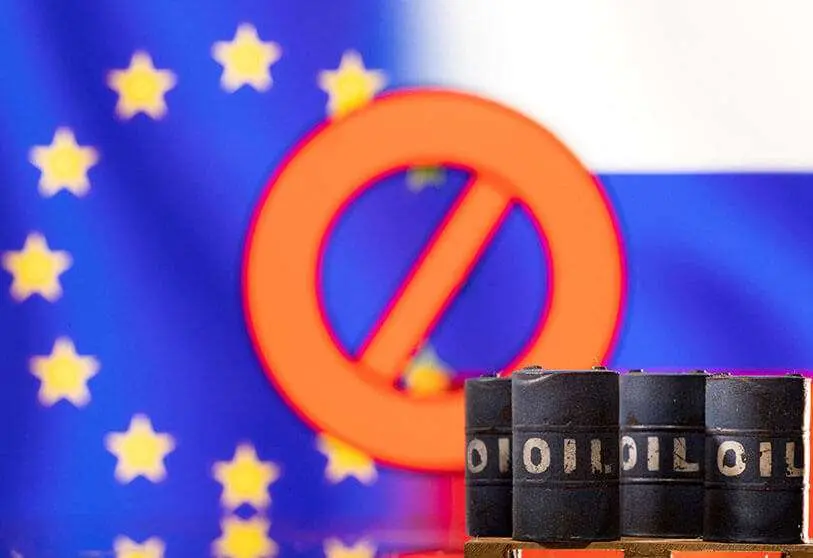
Late on Monday, the European Commission approved the sixth package of sanctions against Russia in the context of the war in Ukraine. The package included, among other points, a partial embargo on Russian oil after receiving the green light 'in extremis' from the EU-27 in a tough negotiation in Brussels. But the measure, aimed at reducing the continent's energy dependence on Moscow, sent the price of hydrocarbons soaring globally.
The embargo will be in place by the end of the year and will affect Russian oil arriving by sea. That is, two thirds of the oil imported into Russia by the EU. In addition, Poland and Germany have pledged to gradually reduce their imports by land, via pipelines. This is expected to cut Russia's exports by 90%.
To date, Moscow supplies a quarter of the oil imported by EU member states, about 2.2 million barrels of crude oil and 1.2 million barrels of oil products per day, i.e. 27% of the EU's oil imports and 40% of its gas. Brussels pays Russia some 400 billion euros a year in return. Today, this dependence is over.

But the sanctions package contains nuances. After almost a month of negotiations, the bloc was forced to include exceptions for Hungary, the Czech Republic and Slovakia. These three countries will be able to maintain their overland imports through the Soviet-era Druzhba pipeline. Hungary's prime minister, Viktor Orbán, has once again put up a fight with the EU executive, and won. His country imports 65% of its oil from Russia and has good relations with Vladimir Putin.
"The European Council will return as soon as possible to the issue of the temporary derogation for crude oil delivered by pipeline," the European Council said in a statement. For the time being, however, payments to Russia will continue, and with it the financing of its war machine in Ukraine. Coal imports are being progressively reduced, but the rest of the measures will take months to be implemented.
In the corridors of Brussels some talk of the next round of sanctions against Russian gas, but, as this latest package has shown, there is no unanimity and it is becoming increasingly difficult to find the necessary consensus. This is combined with a certain degree of fatigue among the EU-27. The context of inflation in the eurozone hinders the imposition of new sanctions, so it seems complicated for the next round to go ahead soon.
Once the partial embargo was approved in Brussels, gas prices reached a new record high so far this year. The price of Brent crude, the main world indicator, surpassed 123 dollars a barrel, its highest level in two months. It was around $80 in January and has risen by more than 70% in the last year. The precipitous fall in Russian exports has put a strain on markets.
The price rise is also a response to OPEC+'s reluctance to step on the gas and increase oil production in the midst of a supply crisis. The group will meet on Thursday in a context of urgency, but no transcendental decision is expected in this regard, but rather that they will maintain the level of production projected for the last year, which amounts to 400,000 barrels per month.

In this scenario, it is likely that the Kremlin will decide to redirect supply shipments to other markets. China, India and Turkey are emerging as new destinations in a move that would reduce its energy dependence on the Middle East. The domino effect would lead to a reorganisation of global energy geopolitics, with Europe in turn turning towards the US and looking for new suppliers.
"Russia will look for new markets, but in terms of oil it is not a quick fix. The infrastructure does not exist to redirect oil exports from Europe to Asia, for example. And if it sells to Asia, it will have to do so at a reduced price," says BBC Moscow correspondent Steve Rosenberg. Meanwhile, Carnegie Endowment for International Peace analyst Alexandra Prokopenko argues that "if an embargo on Russian oil is imposed, the economic losses for both Russia and Europe will depend on how quickly it is implemented, how long it lasts, and how OPEC countries respond. Ultimately, Russia has more to gain politically than Europe".
On Wednesday, the EU executive presented the REPowerEU plan, a working group aimed at transforming the European energy system, which includes "ending the EU's dependence on Russian fossil fuels, which are used as an economic and political weapon and cost European taxpayers almost 100 billion euros a year, and tackling the climate crisis". The first pieces on the chessboard are moving.

